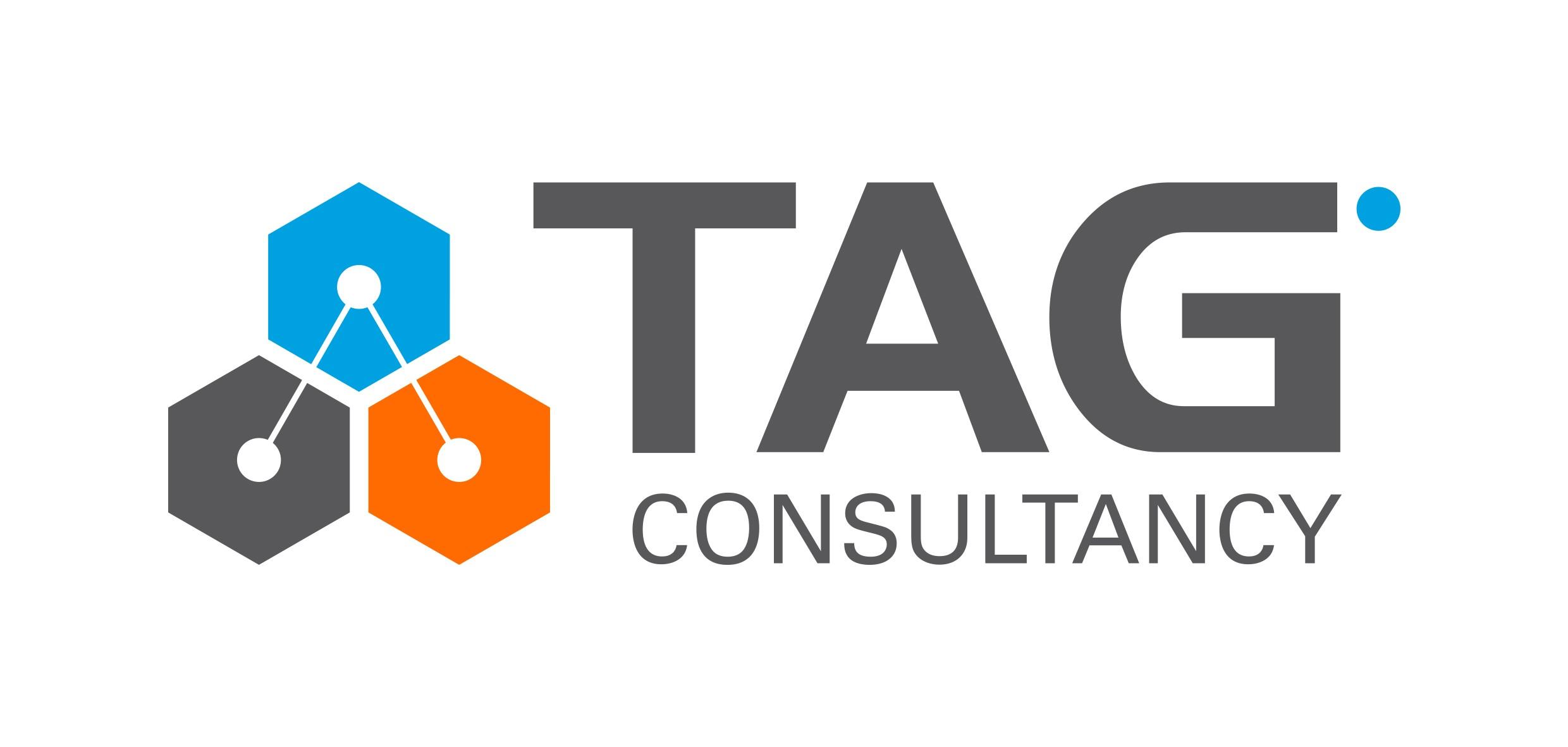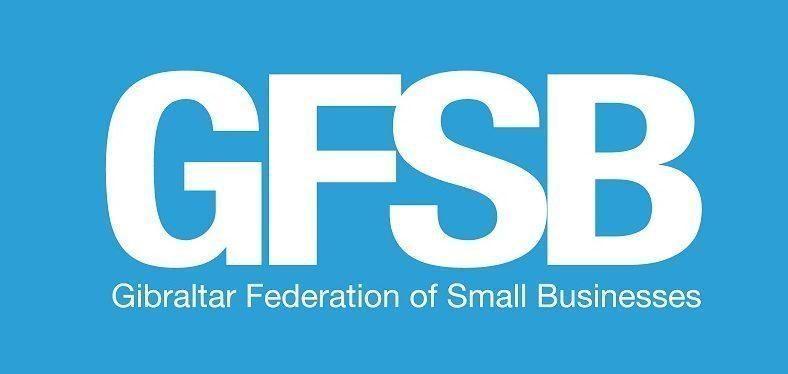Introduction to the 6AMLD
Money laundering and the financing of terrorism and organised crime continue to be prominent problems which can go on to damage the integrity, stability and reputation of the financial sector and threaten the internal security of a country. By the 3rd December 2020, EU member states need to transpose the 6th Anti-Money Laundering Directive (6AMLD) into local law. It is worth noting that the United Kingdom and by extension we assume Gibraltar, together with Ireland and Denmark, have opted out of the 6AMLD. This is because they consider that their local legislation is already largely compliant or goes further than the requirement. However, any regulated/AML supervised businesses in these countries who operate in the rest of the EU must still comply with the changes set.
Key Provisions of the 6AMLD
There is now a harmonised definition of what constitutes a “money laundering offence”. It specifies the types of conduct that will, when committed intentionally, be punishable as a criminal offence. These are as follows:
- Converting or transferring of property (assets of any kind) which is derived from criminal activity, to hide or disguise its illicit origin or to assist anybody involved to evade the legal consequences of their actions;
- Concealing or disguising the true nature, source, location, disposition, movement, rights with respect to or ownership of, property, knowing that it came from criminal activity;
- Acquiring, possessing or using property knowing, at the time it was received, that it had come from criminal activity; and
- Aiding and abetting, inciting and attempting these offences. Essentially this means that knowingly helping a money launderer in any way is also punishable as a criminal offence.
Defines a “criminal activity” which have been narrowed down to 22 predicate offences, listed below. A predicate offence is a criminal activity that enables a more serious crime, for example, any crime that generates monetary proceeds. The larger crime would be money laundering or terrorist financing.
- Participating in an organised crime group or racketeering
- Terrorism
- Human trafficking and migrant smuggling
- Sexual exploitation
- Illicit trafficking in narcotics and psychotropic substances
- Illegal arms trafficking
- Trafficking in stolen goods and other goods
- Corruption
- Fraud
- Counterfeiting of currency
- Counterfeiting and piracy of products
- Environmental crime
- Murder, grievous bodily injury
- Kidnapping and hostage taking
- Robbery and theft
- Smuggling
- Tax crime relating to both direct and indirect taxes
- Extortion
- Forgery
- Piracy
- Insider trading and market manipulation
- Cybercrime
Increased Penalties for Natural Persons
“Natural persons” will now face up to 4 years imprisonment for money laundering, up from the penalty of a maximum of 1 year. This clearly demonstrates the EU’s resolve to take a stricter approach with individuals caught money laundering and increase the use of threat of imprisonment as a deterrent.
Criminal Liability and Sanctions for “Legal Persons”
One of the Significant changes in the 6AMLD is the extension of criminal liability to legal persons such as companies or partnerships. Organisations operating in the EU Member States will now be held criminally liable for failing to prevent the illegal activity conducted by a “directing mind” within the entity. Therefore, even if the criminal activity that generated illicit funds cannot be identified, an individual or legal person can be convicted. Some of these sanctions and penalties include criminal or non-criminal fines. They range from being disqualified from practicing of commercial activity either temporarily or permanently, or going under judicial supervision. There may also be temporary or permanent closure of the establishment used for committing the offence.
Tougher Punishment
The 6AMLD introduces a new, tougher enforcement regime in the EU. In addition to the increased imprisonment terms for natural persons and the sanctions for legal persons, competent authorities will now be required to freeze or confiscate both the proceeds and instruments used in the commission of money laundering offences in order to remove the financial incentives which drive the offenders.
Cooperation of Member States
The intention is to promote the EU’s commitment to enable more efficient and swifter cross border cooperation between Member States in the prosecution of firms and individuals who are engaged in money laundering offences. It also includes the need for Member States to decide which of them will prosecute when more than one jurisdiction is involved. This is done with the aim of centralising proceedings in a single Member State. Guidance as to what to consider when determining this includes consideration as to where the offence was committed, the nationality or residence of the offender, the country of origin of the victims and the territory where the offender was found.
What Next
The 6AMLD focuses on accountability and enforcement which should motivate compliance officers, MLROs and executives to review their AML programme; including policies, procedures, risk assessment, monitoring, training and make any improvements needed.
TAG Consultancy offers a suite of Compliance services. If you need any help with any of the above, please do not hesitate to contact us.






Comments are closed